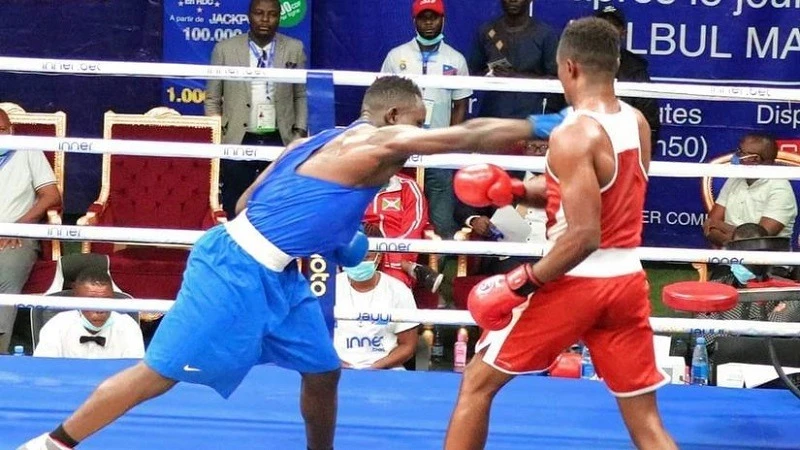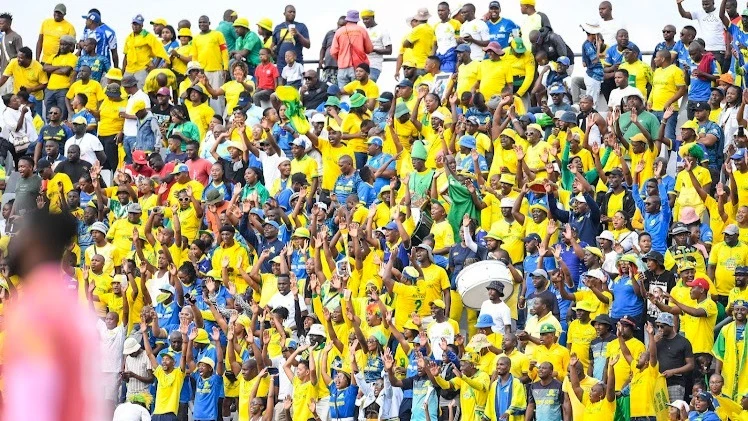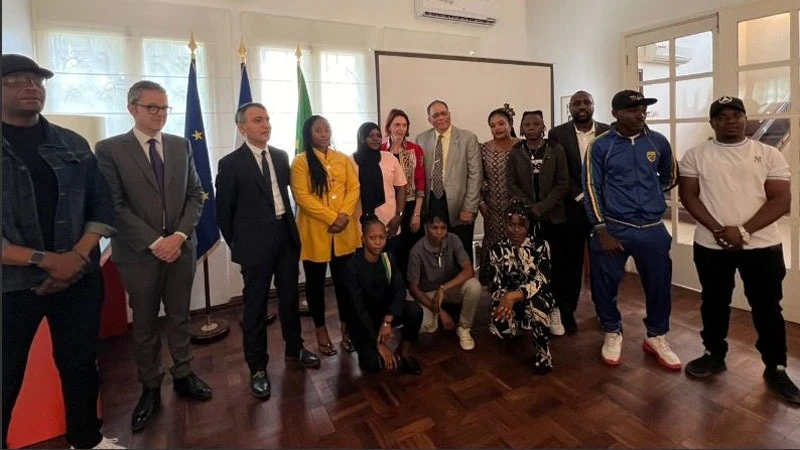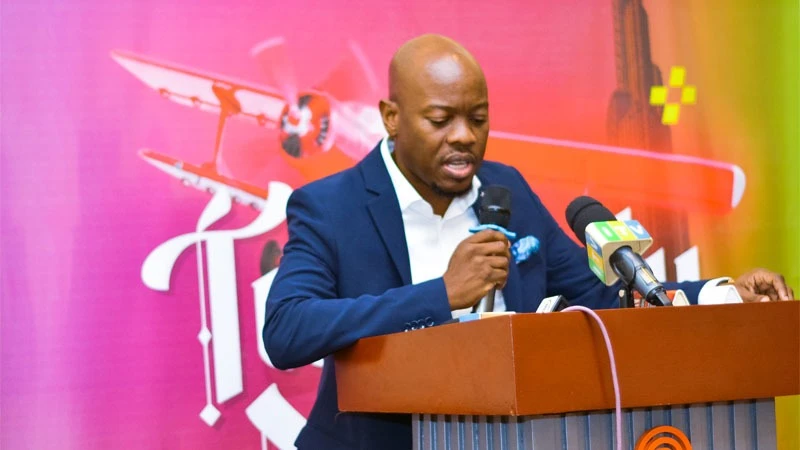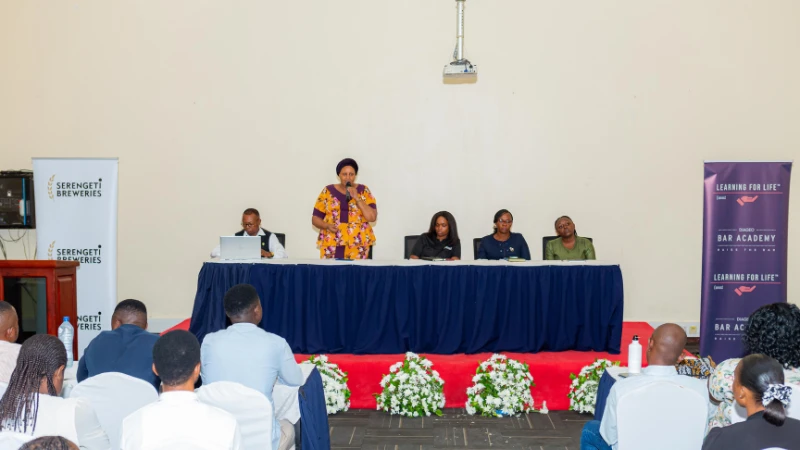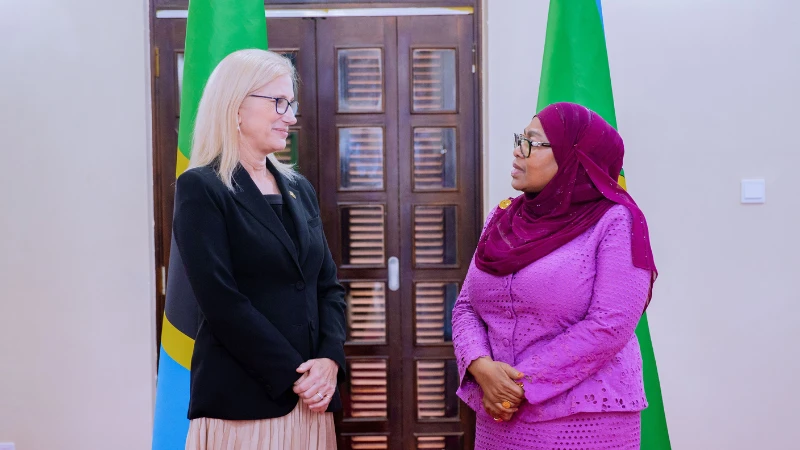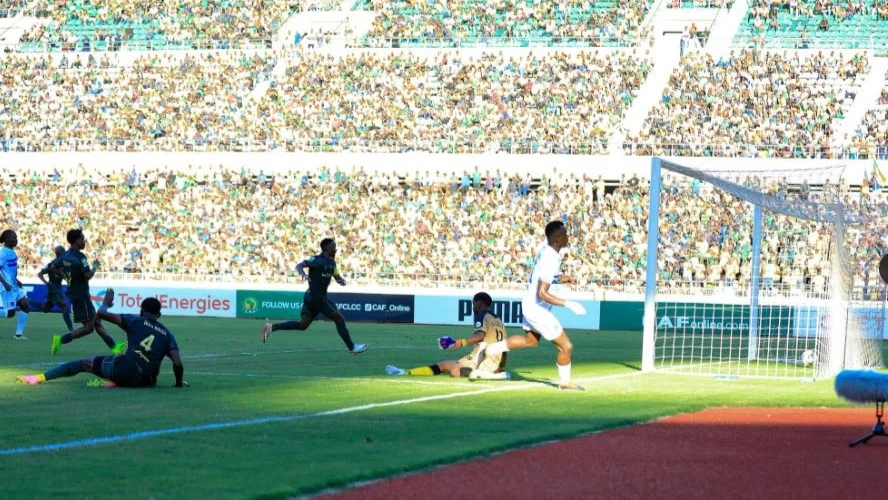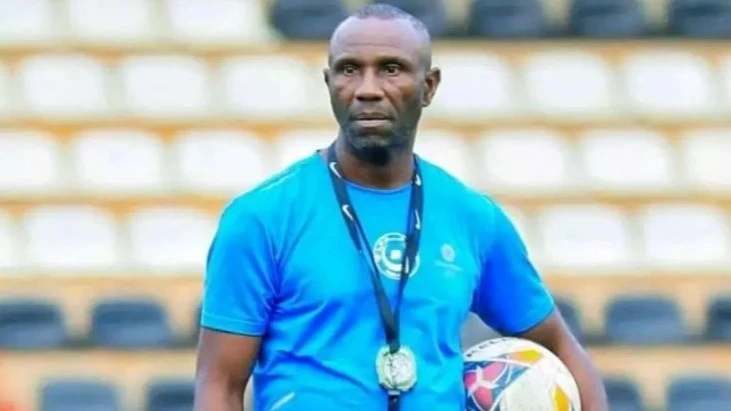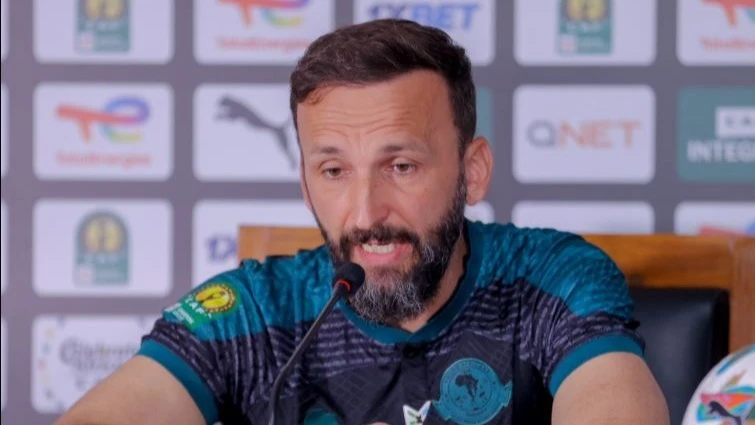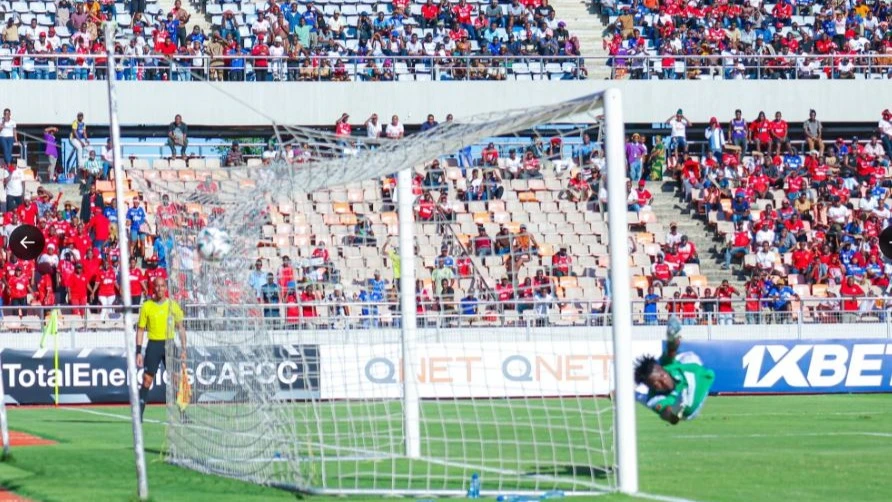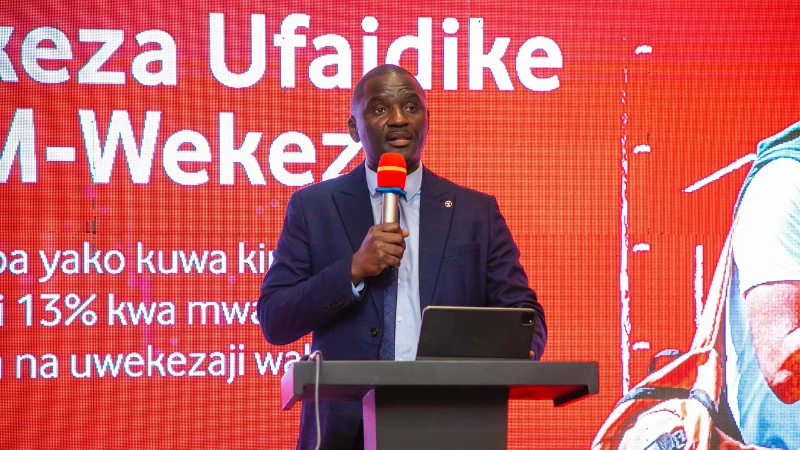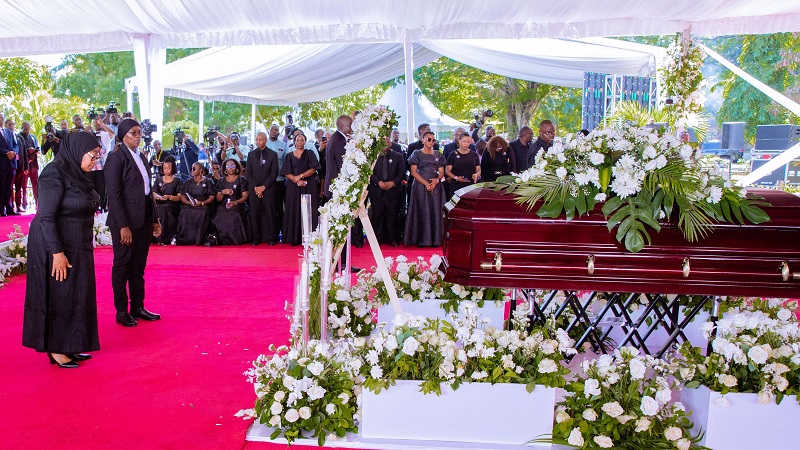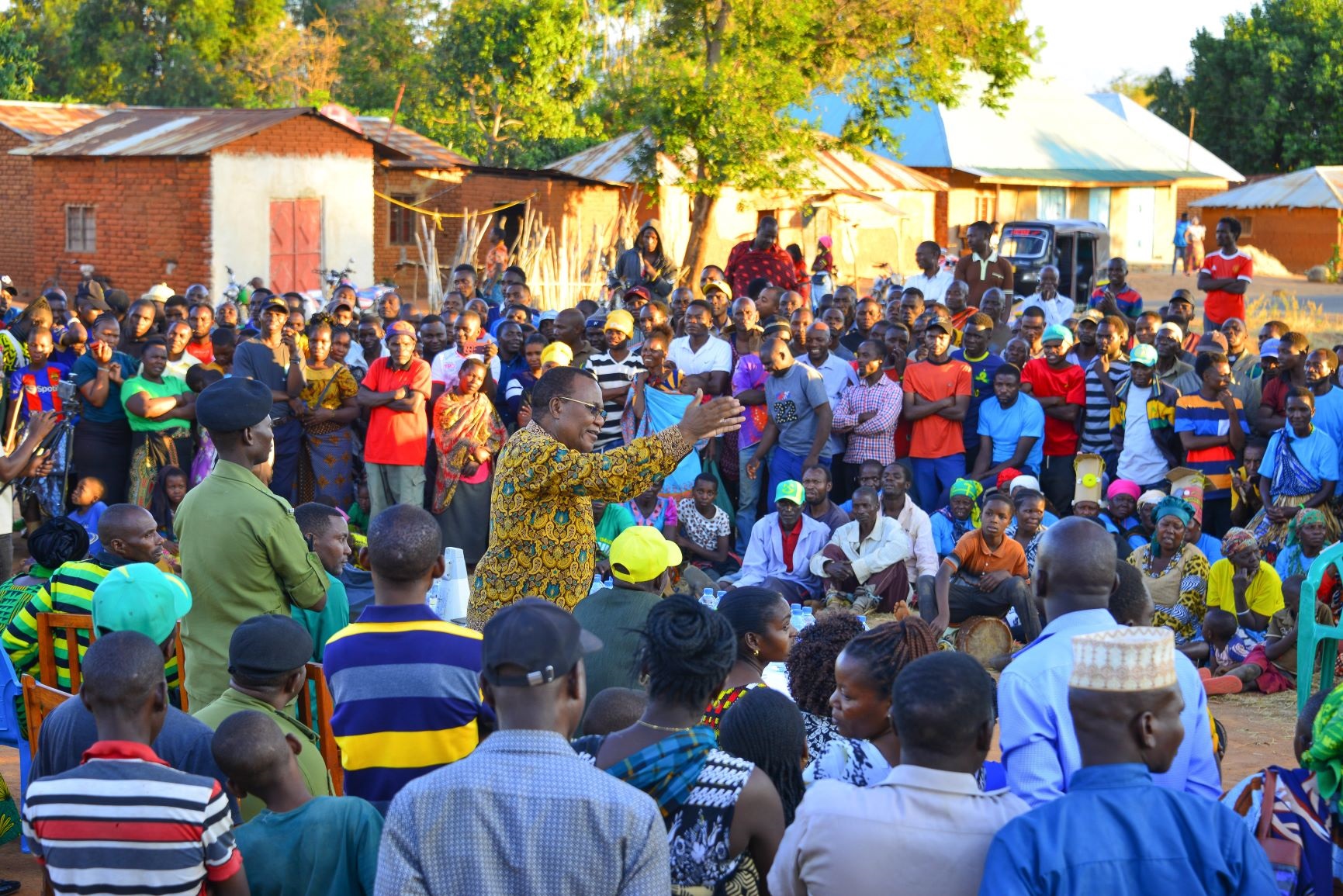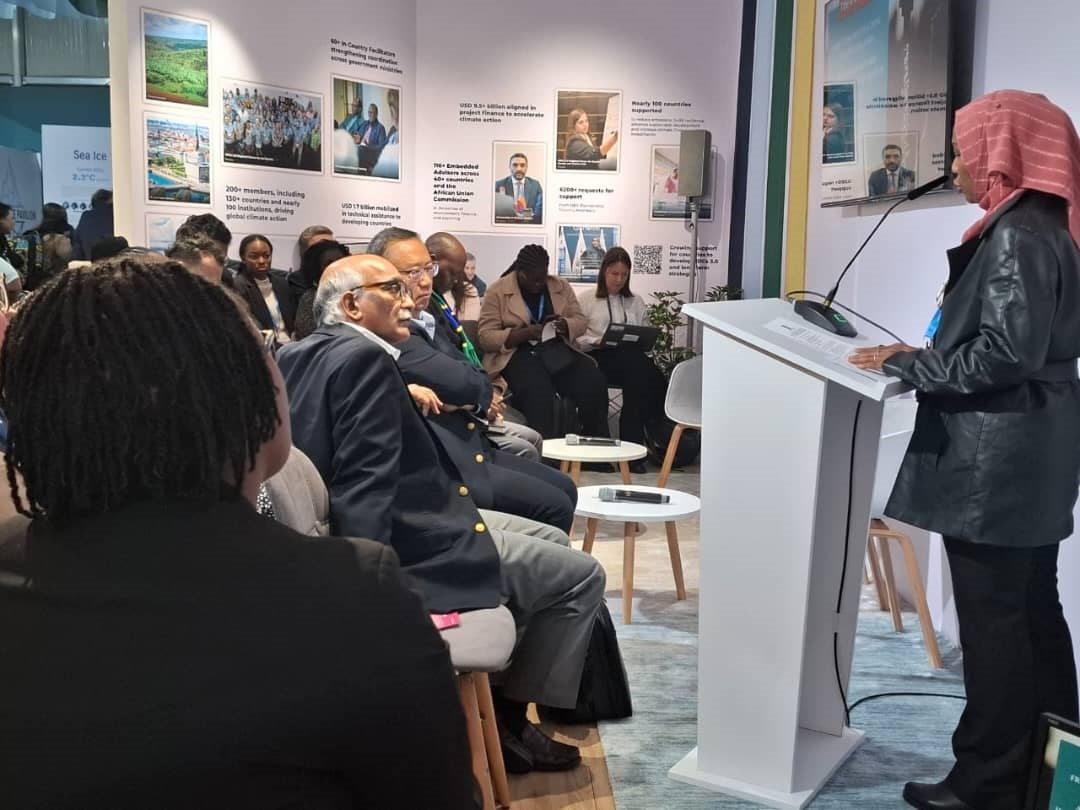Kibwana Shomari: A talent in waiting, but for how long?
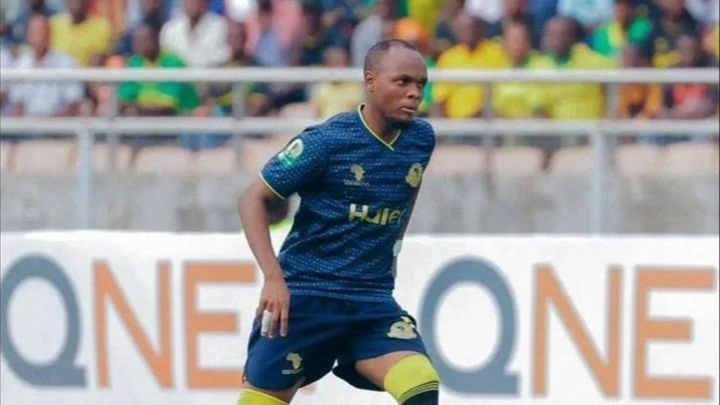
YOUNG Africans have long been known for their fierce competition for starting spots, particularly in defense.
When the club signed Ivorian right-back Attohoula Yao last season, it was clear that Kibwana Shomari, Young Africans seasoned right-back, would have his work cut out for him.
Yao’s early performances immediately set a high standard, showcasing skill, agility, and an unwavering commitment that earned him a quick entry into the first team.
Shomari (pictured), once a regular fixture in Young Africans’ lineup, now finds himself on the sidelines, watching as his position becomes increasingly uncertain.
The pressure on Shomari hasn’t just been a result of Yao’s impressive performances. Head coach Miguel Gamondi, who took the reins after Nasreddine Nabi, has introduced a tactical system that favours versatility in his squad.
Even with Yao unavailable due to injuries, Gamondi has often opted for other players, further complicating Shomari’s path back to the starting XI.
In a recent game against Singida Black Stars, with Yao out of action, Gamondi chose Denis Nkane, a winger by trade, to fill the right-back position.
Despite being out of his usual position, Nkane impressed, contributing to a 1-0 victory and demonstrating the kind of adaptability Gamondi values in his players.
Under the previous coach Nabi, Shomari enjoyed more consistent playing time despite strong competition from other quality full-backs, such as Djuma Shaban and Joyce Lomalisa.
Shomari even played as a left-back on occasion, stepping in whenever Lomalisa was not available.
His contributions were crucial to Young Africans’ success, especially during the 2022/23 season when he helped the club reach the final of the CAF Confederation Cup and clinch the Premier League title.
During this period, Shomari’s form also earned him a call-up to the Tanzanian national team, a testament to his skill and influence on the field.
But since Gamondi’s arrival, things have taken a different turn for Shomari. He has become a fixture on the bench, unable to secure regular playing time.
In football, the impact of sitting on the bench is often a double-edged sword. While observing from the sidelines may provide tactical insight, it rarely sharpens a player’s form.
For Shomari, a player whose career has been defined by tenacity and consistency, the lack of match action could dull his edge and affect his standing at Young Africans and with the national team.
In a competitive team like Young Africans, standing out is essential, and the current lineup of defenders, especially Dickson Job and Yao, presents a formidable challenge for Shomari.
Gamondi’s preference for a flexible defensive approach, favouring players who can slot into multiple roles, appears to have made Shomari’s specialized right-back position less relevant.
The uncertainty surrounding his role in the team suggests he may not fit into Gamondi’s system, which relies on adaptable players who can quickly shift between roles based on the team’s needs.
For Shomari, there are two clear paths forward. First, he could focus on winning back Gamondi’s trust by excelling in training and proving that he deserves to start over his competition.
Consistently demonstrating his value on the practice field may persuade the coach to reconsider his role in the team’s lineup.
Alternatively, if securing a starting spot at Young Afrcans proves to be a steep hill, Shomari might consider finding another team where his talents will be valued, and he can consistently play in his preferred position.
His contract with Young Africans runs until 2026, so Shomari has time to weigh his options carefully.
However, waiting too long could limit his opportunities, especially as his visibility declines with each match he sits out.
The qualities he possesses make him a valuable asset, and with regular playtime, he could command a higher value in his next contract negotiation, either with Young Africans or elsewhere.
For now, though, his challenge lies in navigating the competitive environment at Young Africans and finding a way to reclaim his place on the field.
Despite the hurdles, Shomari is a player with a proven track record, and his resilience has served him well in the past.
The competition for the right-back position, combined with Gamondi’s tactical preferences, has put him in a difficult spot. Still, his potential remains undeniable.
If he can manage to earn more minutes, he may once again rise to become one of Young Africans’ key players, a role he is more than capable of fulfilling.
Until then, Shomari will need to decide whether his future lies in fighting for his place at Young Africans or seeking new pastures where he can showcase his talents to the fullest.
Top Headlines
© 2024 IPPMEDIA.COM. ALL RIGHTS RESERVED



